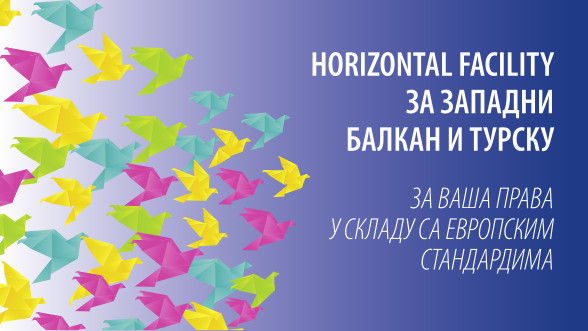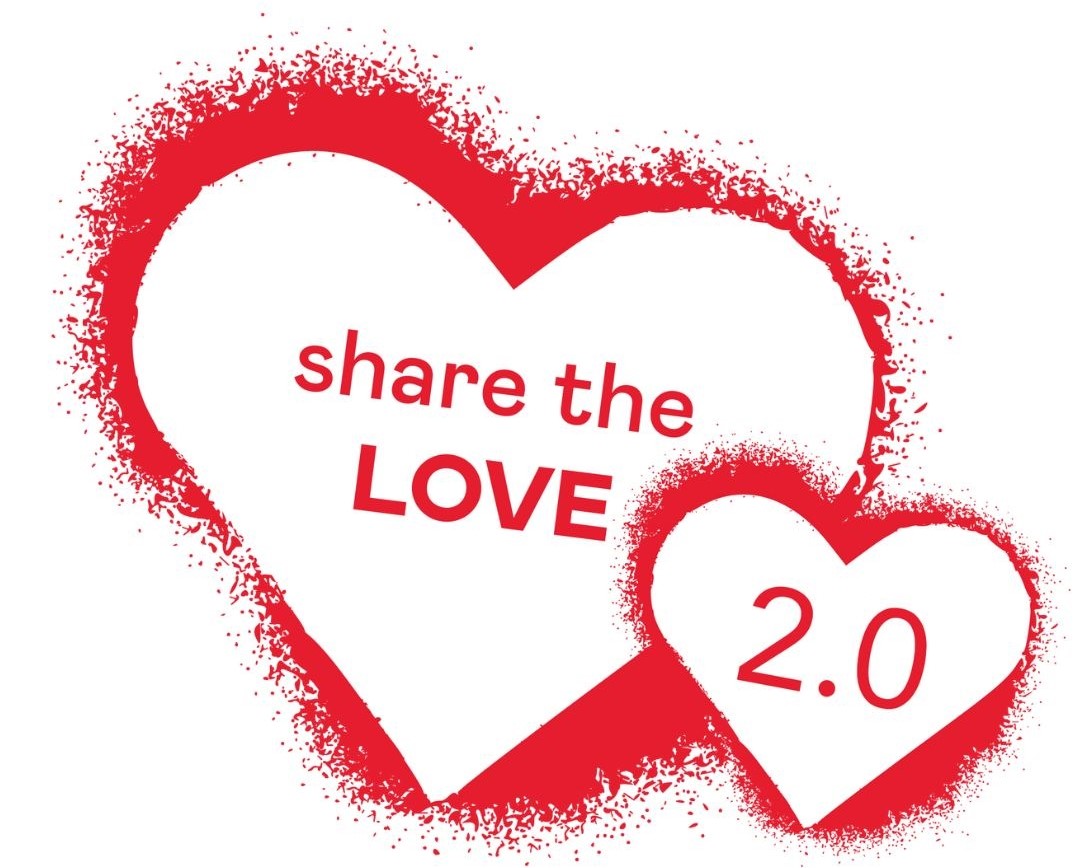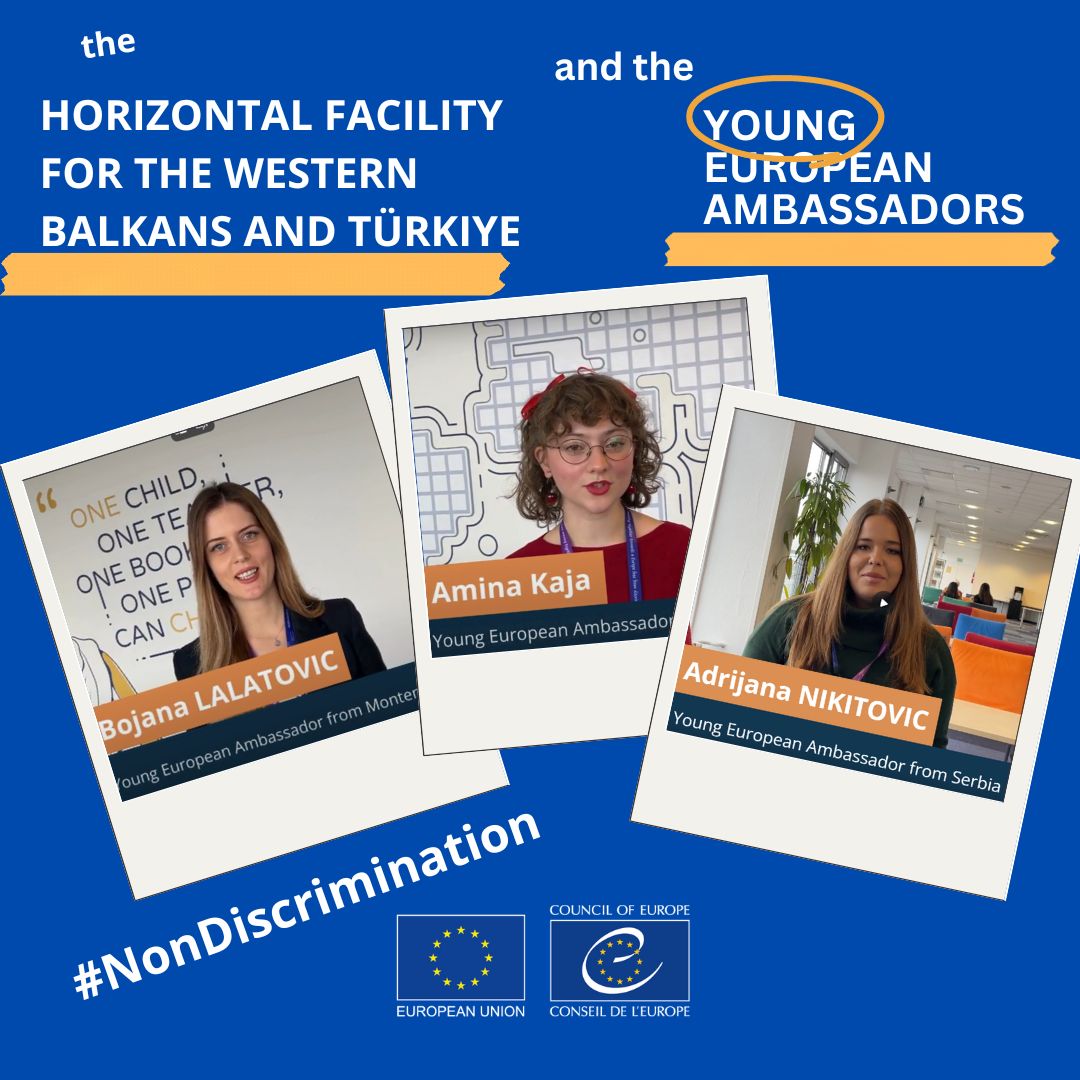Voices from the field
Mladi upozoravaju: ekološki problemi najviše pogađaju ranjive
„Najvažnije saznanje za mene bilo je to da problemi životne sredine nisu „neutralni“, već da mnogo jače pogađaju određene grupe ljudi.“ Ovo zapažanje, koje je podelio Vasilije Keranović iz Panela mladih savetnika Zaštitnika građana nakon rada sa učenicima na istraživanju Saveta Evrope, oslikava...
Kako naučiti da podigneš glas i suprotstaviš se nepravdi
Prvi put kada je Emilija Marinković stala u odbranu svojih prava, bila je još u vrtiću. Naoružana samo jednom lekcijom o dečijim pravima – pravom na igru – ozbiljno je saopštila roditeljima da domaći zadatak može da sačeka, ali njena prava ne. Danas se tom sećanju smeje, ali ono je i dalje...
Unutar borbe za rodno osetljivo izveštavanje u Srbiji
„Ne možemo reći da smo blizu tačke u kojoj mediji promovišu rodnu ravnopravnost, izbegavaju stereotipe i osnažuju žene i marginalizovane grupe.“ Ovakvom ocenom novinarka Aleksandra Ničić postavlja ton razgovoru koji prevazilazi pojedinačne redakcijske navike i zadire u dublje strukture koje...
Саветници Уставног и Врховног суда доносе искуство из Стразбура у правосуђе Србије
У циљу унапређивања примене Европске конвенције о људским правима на домаћем нивоу, једна од активности пројекта „Унапређивање заштите људских права у Србији“ је упућивање правника из Србије на рад у Европски суд за људска права (ЕСЉП). За Милана Бајића и Николу Ђекића, правне саветнике у...
U prvim redovima zaštite slobode i bezbednosti novinara na Zapadnom Balkanu
Dragan Sekulovski, izvršni direktor Udruženja novinara Severne Makedonije, jedan je od vodećih glasova kada je reč o bezbednosti novinara na Zapadnom Balkanu. Kroz svoju ulogu u Odeljenju Saveta Evrope za saradnju u oblasti slobode izražavanja, naročito u okviru zajedničkog programa Evropske...
Side by side: A mother and daughter’s digital journey
In a lower secondary school in Kuşadası, a quiet classroom filled with coloured papers and soft conversation marked a meaningful moment for a mother and her young daughter. They were taking part in an activity under the ‘Pilot Project on Digital Citizenship Education in Türkiye’, which supports...



